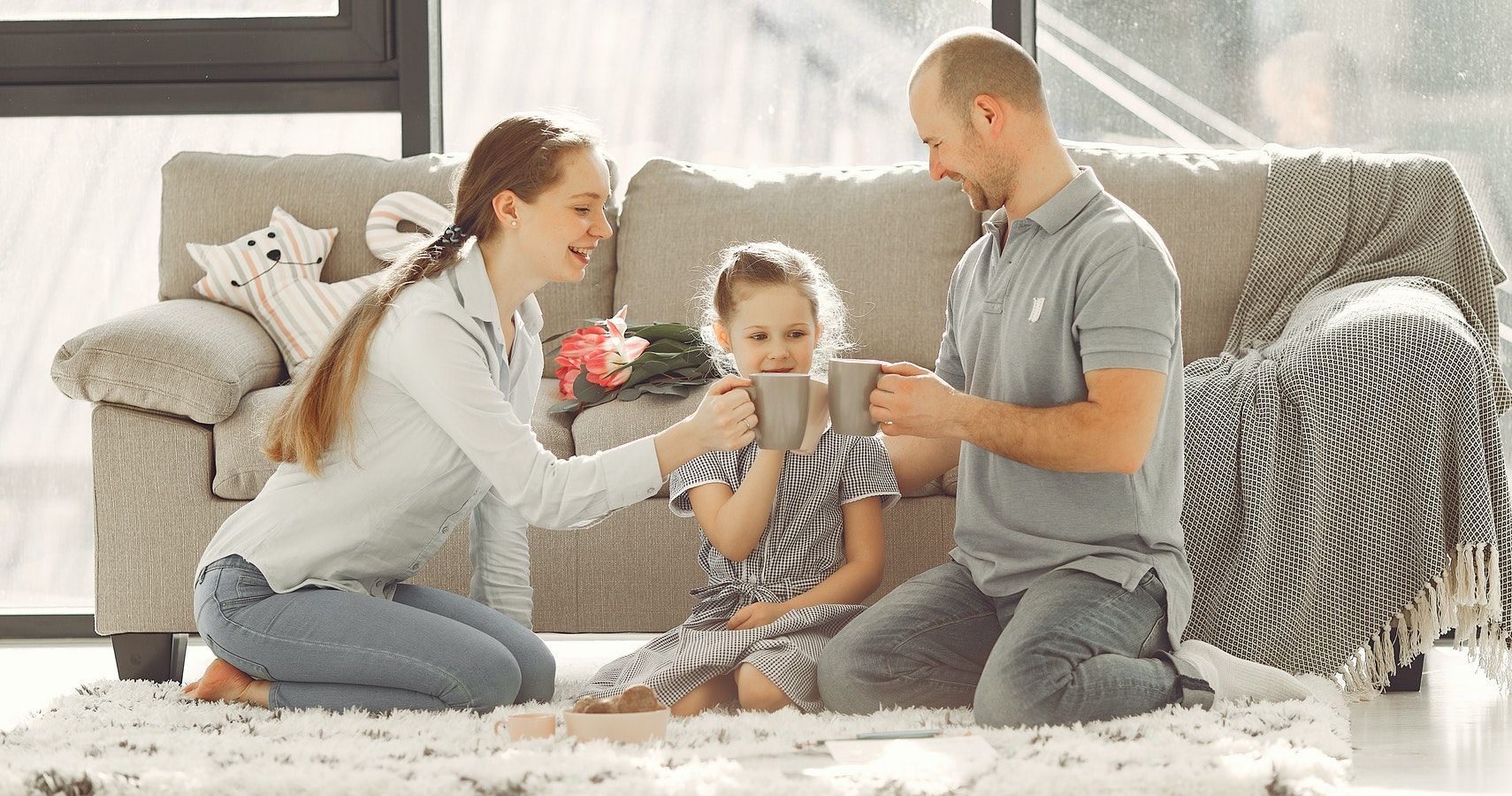Many of us grew up in homes where talking about sex and nudity was taboo. However, we now live in a world where sexual assaults are at an all-time high and sex is prevalent in all forms of mainstream media. Because of this, it's really important that we start talking to our children about their private parts and sexual abuse from a young age. But how do we even start these conversations? And how do we make them effective?
About Childhood Sexual Abuse
Whether we like to hear it or not, childhood sexual abuse is a major problem in our world. In fact, Child Protective Services receives a claim or finds evidence of child sexual abuse every 9 minutes. What's more, 93 percent of child sexual abuse victims know the perpetrator in some way.
While sexual assault is traumatizing enough as is when it happens, the effects of child sexual abuse can be long-lasting and affect a victim's mental health. In fact, victims are four times more likely to experience PTSD as an adult and three times more likely to battle clinical depression. This happens, in large part, because children are too scared to tell their parents or other adults that the abuse happened.
How Parents Can Prevent Child Abuse
Research shows that when parents talk about personal safety with kids from a young age, it can reduce the likelihood that the child will become a target of sexual abuse. However, Dr. Tia Kim, VP of Education, Research, and Impact at Committee for Children, says that "even if parents and caregivers are motivated to have the conversations, they often don’t know how to begin." This is why many experts recommend that you start conversations about sex and genitals from an early age.
When determining what to talk about, RAINN recommends teaching your child the appropriate terms for genitals, appropriate and inappropriate displays of affection, and how to say "no" when something feels uncomfortable. Furthermore, you should show children that there are no "off-limit topics" and that they can always confide in you. Help them understand the importance of sharing and doing the right thing, even when someone tells them that an activity or incident should "remain secret."
Furthermore, parents can simply prevent sexual abuse by teaching children how to communicate their feelings in effective ways. In an interview with HuffPost, sex educator Lydia Bowers shared, “We have to be talking about what feels good and what doesn’t in everyday conversations. ‘I like when you give me a hug, it makes me feel warm,’ and ‘I don’t like when he took my doll, I felt angry,’ give children the language to describe their feelings, which can be critical in recognizing if they’re feeling unsafe, scared or worried.”
What Is Hot Chocolate Talk?
The Hot Chocolate Talk is a public awareness campaign for childhood sexual abuse discussions. Committee for Children, who started this campaign encourages families to use everyday moments to talk with their kids about sexual abuse as a prevention measure.
According to Dr. Kim, Committee for Children developed this specific How-to Guide "to take the guesswork out of knowing what to say and when to say it." In fact, Dr. Kim says that this guide "offers warmth and comfort — like a cup of hot chocolate — to an uncomfortable conversation."
Using decades of research, the team at Committee for Children created age-appropriate guides to help parents learn just how easy it is to start the conversation about sexual abuse. In fact, these guides provide parents with the exact words to say and the best moments to say them. Parents can simply go online and select the how-to guide that correlates with their child's age, then print it out and start the conversation.
Sexual Abuse Talk Dos & Don'ts
When sitting down with your kids to discuss sexual abuse, there are some very specific dos and don'ts that you should follow.
Do: Talk openly and directly about sexual abuse, use media to make it relevant, and share your own experiences if they will help convey the point. Also, talk about other connected aspects like doing the right thing, standing up for friends, and other discussion points that don't make the sole focus on your child.
Don't: Avoid the discussion just because your child seems uncomfortable, make accusations or become aggressive, ignore anything your child shares with you.
Although talking to your child about sexual abuse may feel uncomfortable and go against everything you learned during your own childhood, these conversations are important for your child's safety. If you aren't sure where to start, remember that there are resources out there like Committee for Children's Hot Chocolate Talk guides and other resources. Don't wait until it's too late to talk to your child about this information; start now.

